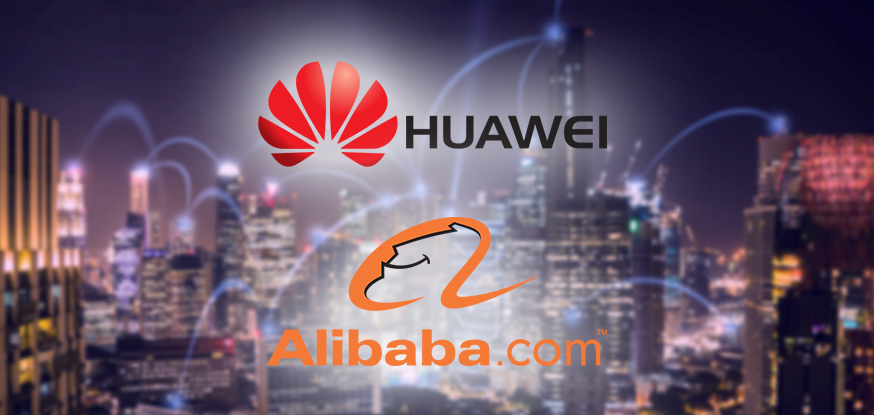A number of China's leading technology firms have partnered on a pioneering new smart city initiative that has been created to ensure the smooth integration of emerging technologies designed to transform major cities.
Telecommunications vendor and smartphone manufacturer Huawei has been joined by domestic technology leaders Alibaba, Ping An and Tencent for the ambitious smart city program.
It has been revealed that over 500 cities in China have already committed to the new initiative which has been called 'PATH' as it incorporates the names of the enterprises involved in the project. (Ping An, Alibaba, Tencent, Huawei).
The program was officially launched at the China Smart City International EXPO 2018 in Shenzhen last week, which coincided with the release of a comprehensive whitepaper compiled by insurance company Ping An.
The report addressed a number of innovative smart city strategies ranging from biometrics, AI, Big Data, Cloud Computing and Blockchain, which make-up all the firm's core technologies. The whitepaper compiled is the result of over ten years of extensive research and planning, and the project received almost 50 billion RMB in funding.
It forms a central part of the Chinese government's aim to propel China into the global smart cities race, a race the country is determined to win.
As for the other three corporations involved in PATH, Alibaba will implement their online and mobile payment platform Ali-Pay for Chinese businesses and citizens, while Tencent will be in charge of communication connections, and Huawei will manufacture new smartphones and other hardware.
As aforementioned above over 500 cities across the country are on board with the development, which makes China the world's largest smart city testing ground.
300 of these are set to be provided with an NB-IoT network, coming courtesy of telecoms operator China Unicom. The operator recently announced plans to test 5G in Beijing and other cities around China this year.
Many ICT analysts have claimed that China had been lagging behind within the realm of smart cities until Ping An's recent announcement of its whitepaper, with fellow Asian players Singapore, South Korea and Japan all having already establishing smart city developments, in addition to the US, UK and France.
However, the issue of air pollution has greatly improved in recent times, with five of the last seven lowest monthly measurements of air quality carried out by China's US embassy since 2008 occurring within the last year, since the country ceased to use coal for energy.

